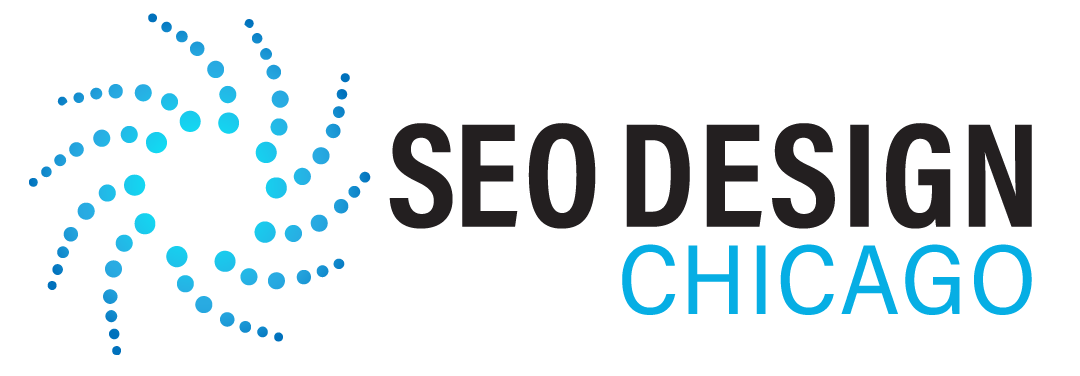What is a web crawler and what is it used for? The internet is huge. Every time you conduct a web search on Google, Bing, or a similar search engine, you are greeted with millions, maybe even billions of results sorted by their relevance and credibility in regard to your search.
How does Google sort through so many pages of the internet and return the results you want in less than a second? How do you get your website to show up when Googled? The answer is web crawlers. If you want to garner more organic traffic, optimizing for web crawlers will be vital. In this article, you will learn what a web crawler is, what it is used for, and how you can optimize your website to be indexed correctly by web crawlers.
Table of Contents
Web Crawler
A web crawler, sometimes called a spider, is one aspect of how search engines work. Web crawlers index content on the internet so that it can appear on search engine results pages, or SERPs. Once the information is collected other algorithms will use the information to sort results into individual search queries.
When crawling the internet, a web crawler begins with a list of known URLs, also known as a seed. From there they will find links to other web pages and crawl those next. The process repeats almost indefinitely. Sometimes changes are made to a webpage and it needs to be recrawled. Periodically, web crawlers will recrawl websites to update the information indexed.
With so much information available on the internet, web crawlers need to decide what pages they will crawl and in what order to crawl those pages. As such, web crawlers are programmed with a set of criteria they need to follow when choosing which page to crawl next.
Crawling Order
Not every page on the internet is indexed. It is estimated that only 40%-70% of webpages are indexed and accessible through search engines. That is billions of pages, but nowhere near every page on the internet. A web crawler will check the Robots.txt file before crawling to the next page. The Robots.txt file sets the rule for bots, like web crawlers, trying to access websites. These rules specify which pages the web crawlers can access and which links they can follow. If a web crawler cannot access the webpage, then search engines will not index it.
Because the internet is so vast, web crawlers need to prioritize which websites they index first. The number of backlinks, the number of visitors to the website, brand authority, and several other factors all signify to the web crawlers that your page is likely to contain important and credible information.

Web Work
To get the most out of a web crawler, you are going to need to do some web work. You will need to decide what permissions and directives you will give to specific web crawlers and how you will optimize your site to make it easier for web crawlers to read.
Robots.txt
As discussed above, you can set permissions in the Robots.txt file on your website to tell web crawlers how you want them to do their web work, and crawl your website. The Robots.txt file is a text file that you can edit to allow or disallow certain web crawlers from crawling specific pages. In most cases, you will want to allow web crawlers from different search engines to crawl your website. Google, Bing, DuckDuckGo, and any number of other search engines indexing your web pages can lead to greater visibility and a higher likelihood of organic discovery.
So, when would you not want a web crawler to index a webpage? Sometimes specific web pages are not meant to be searched. They might be redundant, contain personal information, or they might just be irrelevant. There are many reasons you might want to prevent a page from becoming indexed.
Within the Robots.txt file, you can allow Google’s crawler, Googlebot, to crawl the first four pages of your website, but disallow crawling of the last two. This means that only the first four pages are discoverable through search. As such, you can make sure that organic traffic finds your best, most optimized pages first.
Another reason you might want to disallow a web crawler from crawling your page is in the case of bad bots. While these bots are not necessarily malicious, too many web crawls can be taxing on your server. Too many crawling bots can eat up your bandwidth and slow your server.
How to Disallow Crawling
To disallow a bt from crawling your website, all you need to do is enter the user-agent and write disallow. It should look like this:
User-agent: NameOfBot
Disallow: /
The specific bot no longer crawls any page on your website. If you want to restrict the bots’ access to only a part of your site, the command is a little different:
User-agent: NameOfBot
Disallow: /NameOfDirectory/
If you would like to slow crawling to prevent your server from becoming overwhelmed, you can use the delay command:
Crawl-Delay: 1
It is important to note that not every search engine supports the delay command.

Search Engine Optimization (SEO)
The very first step to ranking higher in the SERPs is to rank in general. Your website needs to be crawled if it is going to appear in the SERPs. To check if your website is indexed on Google, type site: YourSiteName in the Google search bar. For example, if we were to check if SEO Design Chicago is indexed, we would Google site:seodesignchicago.com and see every indexed page from this site returned in the search results.
If your search returns no results, then your website has not been indexed yet. If you find that your website has not been indexed yet, you can request for your website to be crawled. Go to Google Search Console, go to the URL inspection tool, paste your desired URL into the search bar, and click the request indexing button.
To make it easier for web crawlers to index your website, you should invest in powerful backlinks and internal links. You should add valuable information to your website and remove pages with redundant or low-quality content. Update your Robots.txt file to point web crawlers to your most important web pages. Web crawlers will only crawl so many of your pages in one day. Point them to your best content. To get the web crawler’s web work done efficiently, you will need to use SEO techniques to optimize your website.
Crawler List
Different search engines have different web crawlers. Though the end goal is the same, the way their web crawlers work is slightly different. Below is a list of the web crawlers associated with some of the most popular search engines. This web crawler list should help you get a better idea of what search engines you should be optimizing your website for and what User-Agent, the name of the web crawler you should set to allow access to your site in your Robot.txt file.
Googlebot
The first bot on this crawler list is Googlebot. By far the most popular search engine is Google. Google has multiple web crawlers, but its main one is called GoogleBot.
Google offers a variety of tools to help you understand how the Googlebot web crawler is crawling your webpage. The fetch tool in the Google Search Console tests how the Googlebot web crawler collects information on your webpage.
In addition to Googlebot, Google has specialty web crawlers. Googlebot Images, Googlebot Videos, Googlebot News, and Adsbot are specifically for the medium in their respective titles.

Bingbot
While Google might be the top search engine, you should not neglect other search engines like Bing. Bing’s web crawler, Bingbot, works similarly to Googlebot in that it crawls internet webpages, downloads, and indexes the webpages so they can show up in their SERPs. Like Googlebot, Bingbot also has a Fetch tool located within Bing Webmaster tools. Use this tool to see what your website looks like to Bing’s web crawlers.
Slurp bot
Yahoo uses both Bingbot and Slurp bot web crawlers to populate their SERPs. In addition to creating an improved, personalized list of content in response to a search query, Slurp bot looks for content to include on their sites like Yahoo News, Yahoo Finance, and Yahoo Sports.
DuckDuckBot
DuckDuckGo is a relatively new search engine that has seen a rise in popularity. It touts a greater level of privacy in comparison to other search engines as it does not track users like the other search engines on this crawler list. Its web crawler, DuckDuckBot is only one of the ways that they return answers for their users. Crowd-sourced sites like Wikipedia help DuckDuckGo deliver the answers their users are looking to find. Their traditional links come from Yahoo and Bing.

Web Search
Over 5 billion web searches happen every day just on Google. If you want to garner organic traffic from your target audience’s web searches, investing some time in optimizing your website for search engines is invaluable. Indexing your website using web crawlers is the first step in search engine optimization.
If you need help optimizing your website for web crawler indexing, reach out to SEO Design Chicago. SEO Design Chicago has a team of expert search engine optimization and web design specialists ready to help you with all your web crawler questions and concerns.
FAQ:
- What is a web crawler?
- What does the Robots.txt file do?
- How do I optimize my website for indexing?
- What is a crawler in SEO?
- What are the different types of web crawlers?



Contact Us Today!